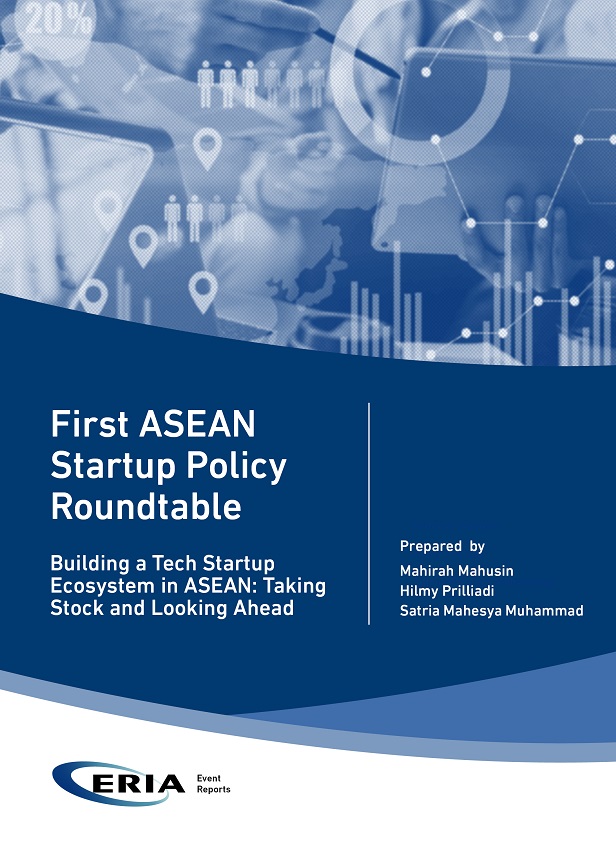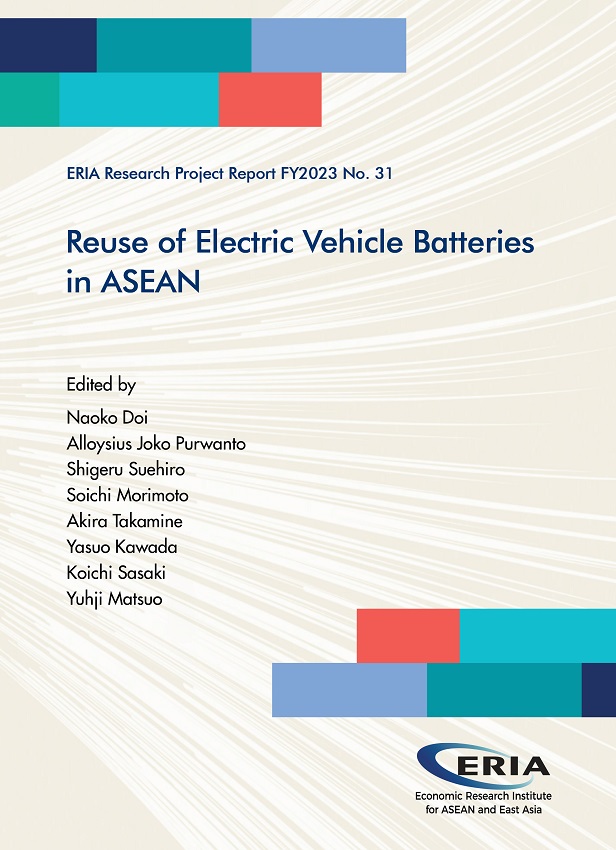Coherence of Macroeconomic Policies in ASEAN Members: Empirical Investigation of Experiences in 2000-2010

Date:
26 December 2012Category:
ASEAN, Finance and Macroeconomy, Industry and Manufacturing, Infrastructure, Labour and MigrationType:
Tags:
Print Article:
Outline
Ever since 2007, ASEAN member countries agree to accelerate the establishment of ASEAN Economic Community (AEC) by 2015 with the following targets: transforming ASEAN into a single market and production base, a highly competitive economic region, a region of equitable economic development, and a region fully integrated into the global economy. Such efforts will allow for free flows of goods, services, investment, capital, and skilled labor. The macroeconomic regimes of ASEAN members should facilitate the operations of this single market production area, but each member country still retains its sovereignty in selecting and implementing its own macroeconomic policies.At this juncture two points deserve strong attention. First, liberalization, the essence of AEC, will certainly provide opportunities and stimulate competition, which normally generates not only more risk-taking but also profits and losses, especially when 10 ASEAN member countries possess different economic fundamentals and resources as well as productivity. Consequently, the governments often find it inevitable to intervene the markets by undertaking various measures via fiscal, monetary, and exchange rate (FMEX) channels. Second, as AEC will allow free flows of goods, services, production factors, and capital funds across borders within ASEAN, AEC may transmit effects of FMEX intervention measures across borders as well.Therefore, one crucial question is the coherence of macroeconomic policies, regarding both direction and extent, in member countries of ASEAN. This coherence is extremely important because if different ASEAN members have drastically different priorities on macroeconomic targets, spill-over effects across borders (as a result of AEC formation) could easily emerge and be detrimental to some ASEAN members.
Given the significance of coherence among ASEAN members' macroeconomic policies as mentioned above, it is worth investigating the direction and degree of coherence in the past decade (2000-2010). Such effort should serve as useful lessons when AEC pursues its macroeconomic policies together in the future. In addition, those policies should be more pragmatic and proper than the ones which engender formidable sovereign debt crises in Euro zone and may disintegrate European Union in the near future.
Project Leader
Dr. Wisarn Pupphavesa
Project Coordinator
Mr. Yoshifumi Fukunaga, ERIA
Project Member
Dr. Santi Chaisrisawatsuk
Dr. Yuthana Sethapramote
Dr. Wisit Chaisrisawatsuk
Mr. Punpreecha Bhuthong
Advisor
Dr. Pakorn Vichyanond




